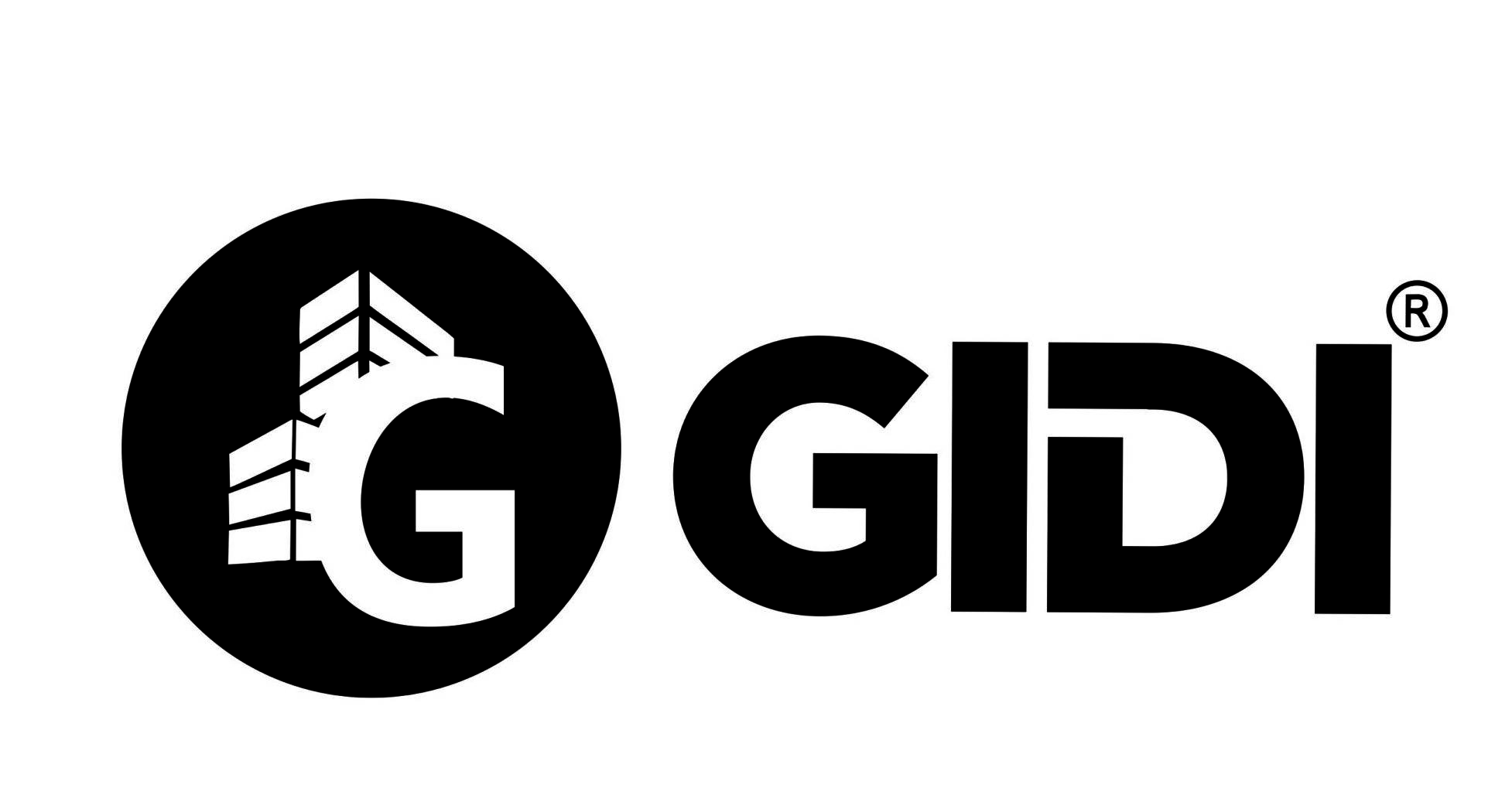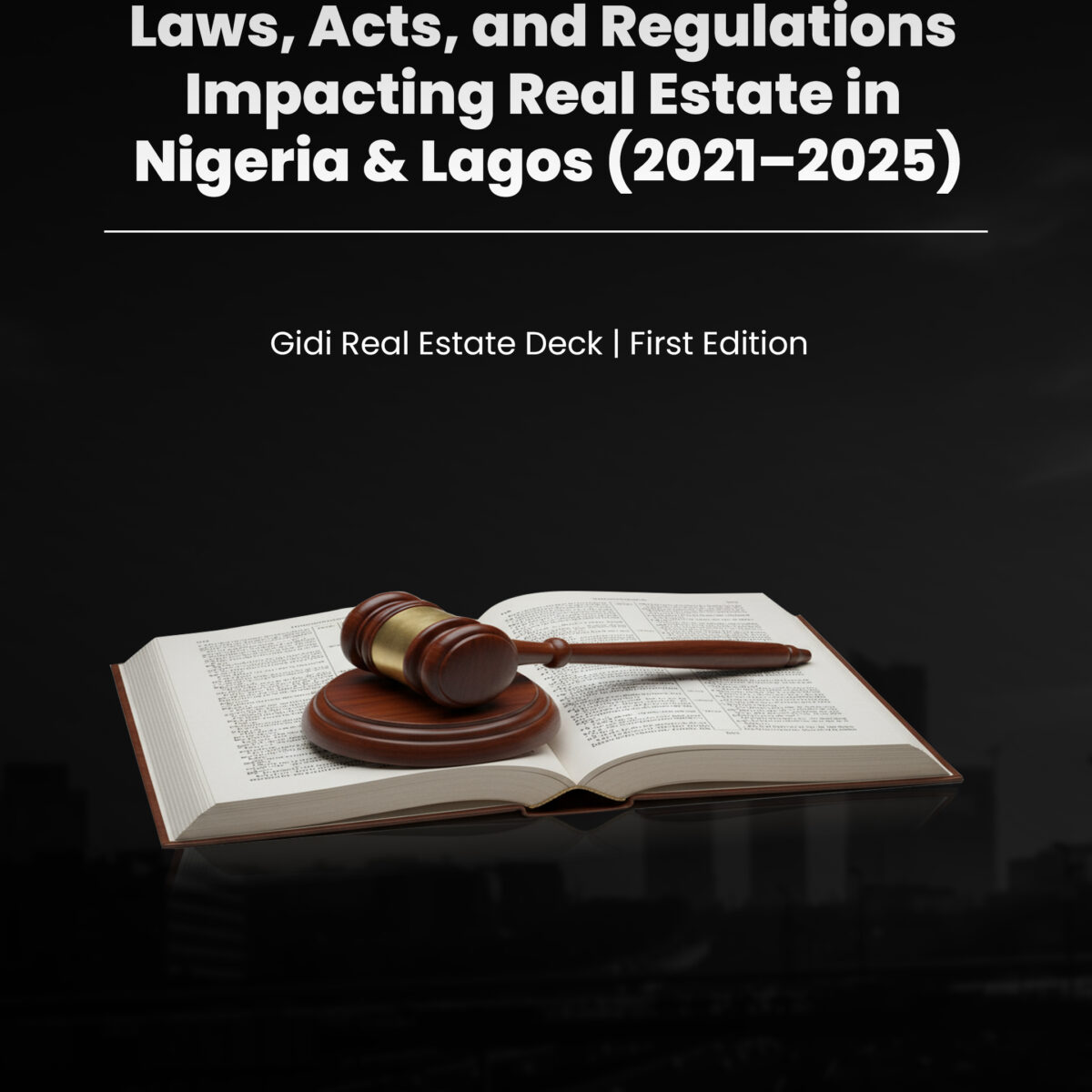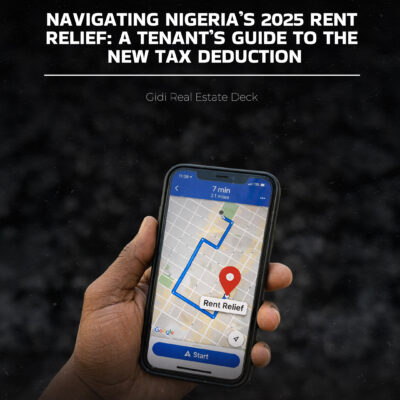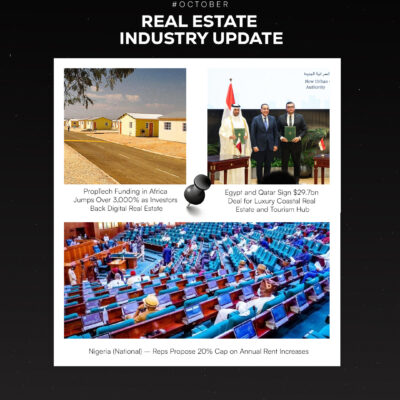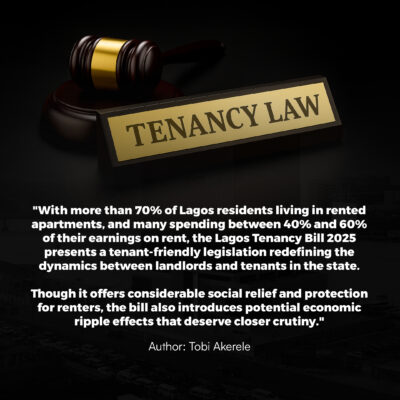The 2021–2025 cycle reshaped the legal perimeter of Nigerian real estate. At the federal level, fiscal clarity and structural incentives have transformed how capital approaches land and housing. State-level action in Lagos codified professionalism, transparency, and digitization.
For real estate stakeholders, the future is compliance-led. Margins will narrow where informality persists. Value will accrue to those who build for durability, transact within formal systems, and manage assets for long-term stability.
At Gidi, we believe that the new regulatory compact rewards knowledge, planning, and execution. We remain committed to decoding legislation, contextualizing policy, and equipping stakeholders with the tools to navigate complexity.
Nigeria (2021–2025)
Nigerian Tax Reform Law (Effective January 01, 2026)
The enactment of the Nigeria Tax Act in June 2025 represents a recalibration of Nigeria’s fiscal priorities and a structural reshaping of the real estate economy. Effective January 2026, this legislation institutionalizes a series of reforms that revise capital gains tax exposure, redefine the contours of stamp duty and VAT applicability, and extend calibrated relief mechanisms to tenants and owner-occupiers.
For real estate operators, developers, institutional investors, and property owners, these shifts call for tactical realignment and heightened regulatory literacy.
Capital Gains Tax (CGT) on Property Sales
Revised Rates: The CGT for corporate entities has been increased from 10% to 30%, harmonizing with the corporate income tax regime. For individuals, the CGT now aligns with personal income tax brackets, capped at 25%.
Primary Residence Exemption: A one-time lifetime CGT exemption is granted on the sale of a personal residence or privately held, non-commercial land. This preserves capital for homeowners, especially retirees and first-time sellers.
Carry-Forward Provision: Losses from real estate transactions can now be carried forward for a period of five years, as per the Finance Act 2023.
Sectoral Implication: These changes alter exit strategies and realign investment horizons. The increased tax load on profitable disposals will discourage short-term speculative flipping and favor long-hold models. For developers, particularly those active in luxury segments, this raises the fiscal stakes for churn-led portfolios.
Stamp Duty on Real Estate Transactions
Lease Tiering: Stamp duty is now tenure-based, with leases under 7 years attracting a 0.78% rate and leases above 7 years subject to a 3% charge.
Small Property Exemption: Transfers below ₦10 million are now exempt from stamp duty, removing financial friction at the affordable housing tier.
VAT Exclusion: Real estate sales and leases are definitively excluded from VAT, resolving prior inconsistencies in regulatory interpretation.
Sectoral Implication: The formalization of stamp duty structures provides predictability and planning efficiency for landlords, agents, and institutional lessors. The small-property exemption supports first-time buyers and enhances market fluidity at the lower value tier. The VAT exclusion reduces inflationary pricing pressure, especially in primary markets like Lagos and Abuja.
Rental Income and Housing Relief
• VAT Clarity: All forms of rental income are confirmed to be VAT-exempt.
• Withholding Tax Continuity: The 10% withholding tax on rent remitted by corporate tenants remains in force. Individual tenants are unaffected.
• Rent Relief for Individuals: Up to ₦200,000 or 20% of annual rent (whichever is lower) can now be deducted from an individual’s personal income tax liability, provided the rent is documented.
Sectoral Implication: The tax relief introduces a behavioral incentive for formal rental documentation. For landlords, the risk of misapplied VAT is eliminated, creating pricing parity and eliminating backdoor charges. Tenants receive modest fiscal cushioning in a market where inflation and urban migration continue to drive rental price acceleration.
Broader Market Implications
• Developers and Investors: The increased CGT and development levy elevate cost structures, but small enterprises with turnover below ₦100 million benefit from full exemption. Clarified REIT taxation establishes institutional capital as a long-term market participant.
• Landlords and Sellers: The tax neutrality for primary home sales empowers liquidity for owner-occupiers. For secondary properties, the revised CGT underscores the importance of portfolio structure.
• Tenants and First-Time Buyers: Targeted relief and duty exemptions reduce the effective cost of participation and tilt the incentives toward market formalization.
Finance Act 2021
The Act introduced fiscal reclassification for REITs as pass-through vehicles, eliminated tax friction on collective real estate investments, and provided structural clarity on capital gains and stamp duty liabilities.
Effect: These reforms formalized the investment envelope for real estate vehicles and reduced cost overheads on fund-led acquisitions.
Climate Change Act, 2021
Institutionalize Nigeria’s transition toward a low-carbon economy through enforceable carbon budgets, national planning obligations, and emissions pricing.
Effect: Signals the beginning of green regulatory obligations for real estate, from construction inputs to energy use compliance and lifecycle efficiency planning.
PenCom Guidelines on RSA Withdrawal for Mortgage (2022) : Activated by Section 89(2) of the Pension Reform Act, the guideline permits RSA holders to access 25% of their retirement savings for residential mortgage equity contribution.
Effect: Unlocks pent-up demand for homeownership among formal sector workers. Expands the mortgage funnel and de-risks developer pipelines.
Lagos State (2021–2025)
Lagos State Real Estate Regulatory Authority Law, 2021
Established LASRERA as a statutory regulator for agents, brokers, and developers. Mandates registration, imposes operational standards, and provides public recourse for transaction disputes.
Effect: Legitimizes the professional ecosystem and reduces vulnerability to fraudulent actors. Strengthens consumer protection architecture.
Lagos State Mortgage and Property Law (Amendment), 2022
Integrated formal foreclosure procedures into Lagos jurisprudence. Establishes conditions for judicial and voluntary possession of mortgaged property.
Effect: Offers legal confidence to institutional lenders and accelerates market development in the mortgage space.
Lagos State Tenancy and Recovery of Premises Bill, 2025 (Pending)
Seeks to cap rent advances (3 months for monthly tenancies; 1 year for annual leases), limit agency fees to 5%, and criminalize unlicensed agency practices.
Effect: Although pending, signals the government’s policy direction toward tenant rights and transactional discipline.
Digitization of Land Records (Lagos e-GIS Portal, 2024)
Consolidated all Lagos State land records under a single digital platform. Enables remote verification, digital title application, and automated consent workflow.
Effect: Reduces land title risk, increases transaction speed, and builds investor confidence. Supports integration of land and planning data for urban infrastructure.
Note: No new building code was enacted during this period, but regulatory enforcement intensified following multiple structural failures. Administrative sanctions, enforcement of demolition orders, and professional accountability reviews were all escalated.
